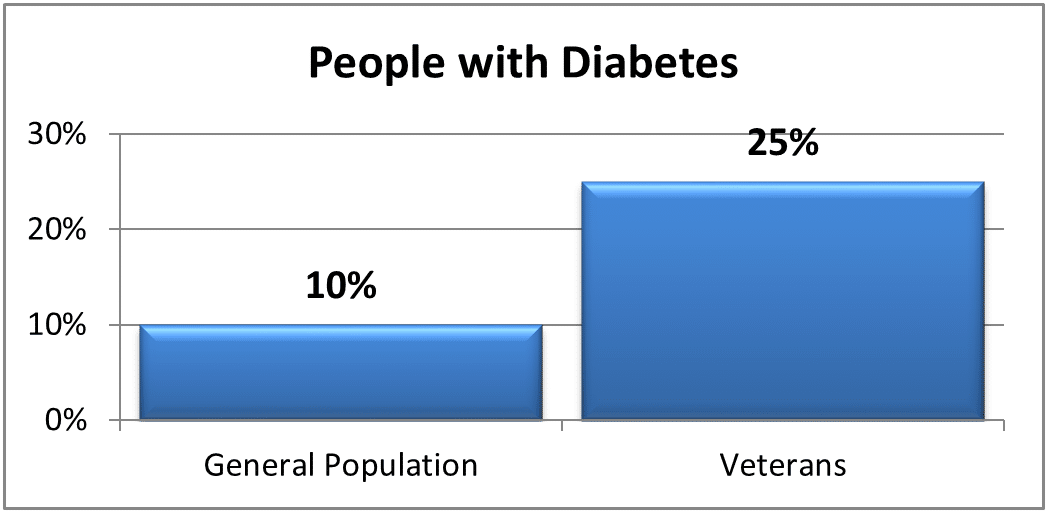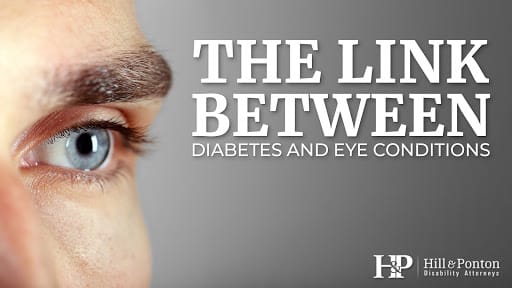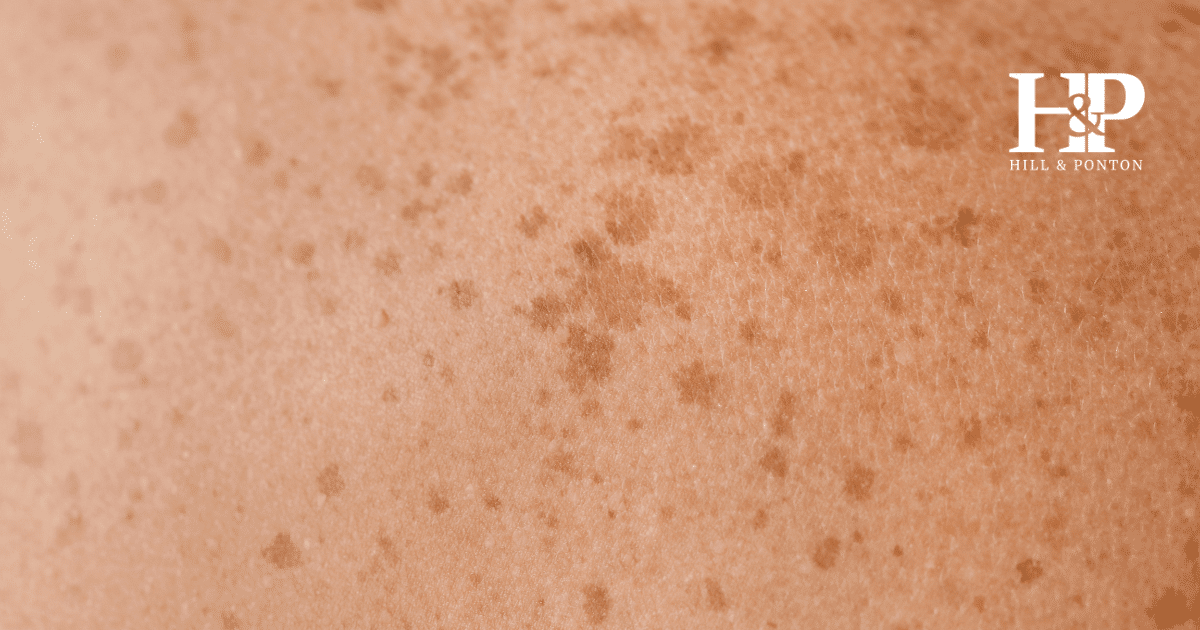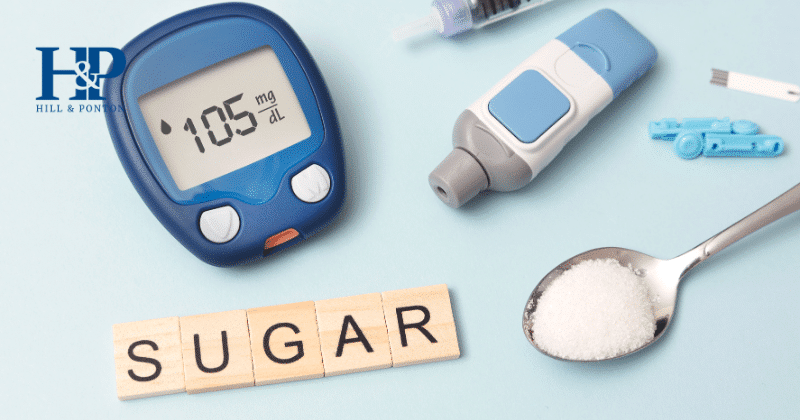Diabetes is a disease that causes your body to not process carbohydrates properly, increasing the amount of sugar your body has to process. It is estimated that approximately 30 million people have a form of Diabetes, with almost 9 million of those being undiagnosed. However, Veterans have a much higher risk with almost 25% of Veterans having Diabetes compared to only 10% of the general population.
Types of Diabetes:
There are several different types of Diabetes and knowing which one you have and being properly diagnosed is key to filing a VA claim. The basic types are as follows:
-
Type 1: An autoimmune disease where a person does not produce insulin. This is often found in children, but more adults are being diagnosed with Type 1. Type 1 must be treated with insulin and may be treated with oral medications in addition to insulin.

- LADA (Latent Autoimmune Diabetes in Adults or sometimes referred to as Type 1.5) is Type 1 diabetes that is slow forming and does not show up until adulthood, sometimes into a person’s late 30s or 40s.
- MODY: A hereditary form of Diabetes caused by mutations of dominant autosomal genes disrupting insulin production (Maturity Onset Diabetes of the Young).
- Type 2: The most commonly diagnosed form of Diabetes. This form is when a person’s body does not produce enough insulin or the body does not recognize the insulin produced. This is called insulin resistance and is treated with special diets, also exercise, oral medications, and/or insulin. (Not all Type 2s must be on insulin but all Type 1s do.)
- Gestational Diabetes: Women who are pregnant create insulin-blocking hormones during pregnancy and to keep up with that, her pancreas has to produce about 3 times as much insulin to keep her blood sugar within normal limits. Sometimes the pancreas can’t keep up and a woman develops Gestational Diabetes.
Symptoms and Risks:
One of the biggest problems with Diabetes is that so many people are undiagnosed. If you have one or more of the following symptoms, you should get tested:
- Blurred vision;
- Excessive thirst or hunger;
- Frequent urination;
- Extreme fatigue;
- Cuts or bruises that are slow to heal;
- Weight loss that is unexplained;
- Tingling, pain, or numbness in your hands or feet; or
- Itchy, dry skin.
Lack of blood sugar control can cause increased risks of blindness, stroke, neuropathy, kidney disease, high cholesterol, hypertension, heart disease, and amputations due to poor circulation. Being overweight is not definitive of having Diabetes, many people with Diabetes, even Type 2, are not overweight (in some scientific circles, it is actually thought that being overweight is a symptom, not a cause of Type 2 Diabetes).
Diagnosing Diabetes Types:
Many people are misdiagnosed with either Type 1 or Type 2. If you are on insulin but are not sure and are trying to apply for benefits, request a C-Peptide test. This test is the only way to accurately determine if you are Type 1 or Type 2. It tests to see if the pancreas is producing insulin. If it is, you are Type 2, if it isn’t, or the amount it is producing is below a certain amount, you will be diagnosed as Type 1. Do not rely on hA1C or glucose tests. These can tell if you are diabetic, but not which type you are. Being diagnosed as an adult does not automatically mean you are Type 2 as many adults become Type 1 due to a late onset form of the autoimmune disease.
Filing a VA Claim:
In 2000, the VA added Type 2 Diabetes to its list of presumptive illnesses associated with herbicide exposure, specifically Dioxin. There are several things that a Veteran should do in order to file a claim for Diabetes due to herbicide exposure in an attempt to have the best chance at approval:
- Have status as a Veteran;
- Have proof through service records of exposure to herbicides (deck logs, orders, medals showing service in treated areas, buddy statements) Check here for exposure locations;
- Have a diagnosis of Type 2 Diabetes (if you are diagnosed with Type 1, have a C-Peptide test done to ensure the diagnosis is correct);
- Have an Agent Orange exam. This exam screens for illnesses possibly not diagnosed that are associated with Agent Orange exposure and any Veteran can participate regardless of their eligibility in the VA Healthcare system.
Preventing Type 2 Diabetes:
Type 2 Diabetes can be prevented in many cases. By exercising, eating a low carbohydrate diet, keeping your weight within normal ranges, and checking your glucose levels regularly are all ways to help keep from developing diabetes. Because it is often due to your body not being able to produce enough insulin to manage the amount of carbohydrates, simply reducing the carbohydrates you take in per meal or spreading them out helps reduce the amount of insulin the body needs to process the sugar intake. Exercising also burns carbohydrates and lowers blood sugar levels immediately. Reducing the amount of processed foods such as sodas, fast foods, pre-made frozen foods, etc., also help reduce the amount of carbohydrates your body has to process. Studies show that reducing your weight by as little as 10% can decrease your risk significantly. Because Veterans have such a higher risk, it is vital to have your doctor check by doing an hA1C or glucose test. It may save your life.




